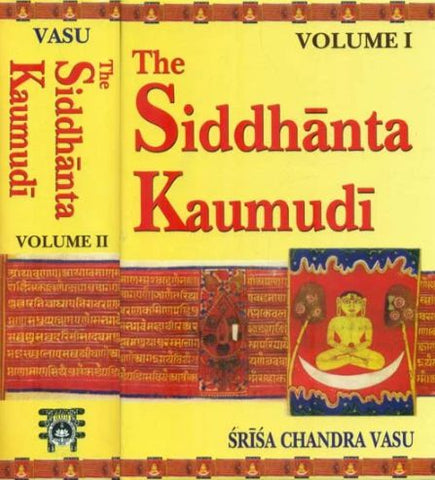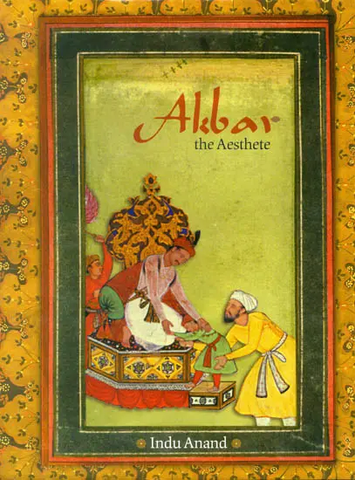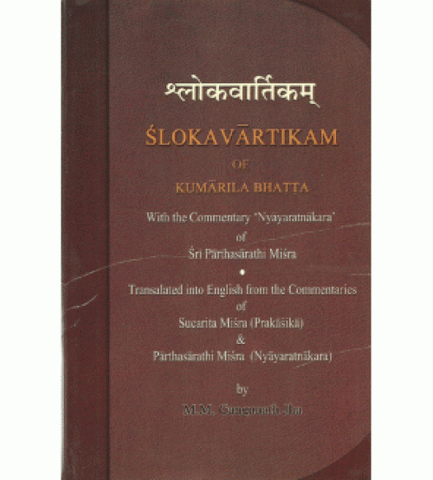Your cart is empty now.
Resisting linguistic imperialism in English teaching involves challenging the dominance of English and recognizing the value of diverse languages and cultures in education. Linguistic imperialism refers to the idea that the spread and promotion of English in global contexts often marginalizes other languages and cultures. It is particularly relevant in English language teaching (ELT), where the imposition of native-speaker norms can perpetuate inequality. Here are several ways to resist linguistic imperialism in the context of English teaching:
1. Emphasizing Plurilingualism and Multilingualism
- English should not be taught as the sole or superior language but as one among many that serve different purposes in different contexts. Promoting plurilingualism (the ability to use multiple languages) and multilingualism helps recognize the value of students’ native languages and cultures.
- Encourage students to maintain and develop proficiency in their native languages while learning English, which helps in breaking down the belief that only English speakers are "proper" speakers.
2. Decentering Native-Speaker Norms
- A common form of linguistic imperialism in English teaching is the belief that only native speakers of English (e.g., British, American) are "correct" or "authentic" users of the language. This can lead to the devaluation of non-native varieties of English.
- Instructors can challenge this by recognizing and valuing different Englishes (such as Indian English, African English, Caribbean English, etc.) and their unique contributions to global communication. Students should be encouraged to use the English they are most comfortable with.
3. Cultural Awareness and Sensitivity
- Teaching English should go hand-in-hand with understanding the cultural contexts in which the language is used. Rather than teaching an idealized, homogeneous version of English, educators can expose students to a range of cultural perspectives within English-speaking communities.
- Incorporating diverse cultural materials (literature, media, history, etc.) can help students understand that English is not a monolithic language tied only to Western traditions.
4. Challenging Language Hierarchies
- In many global settings, English is seen as the "lingua franca" of education, business, and international communication. This can create a hierarchical view of languages, where English is elevated above others.
- Educators can challenge this by fostering an environment where all languages and forms of communication are valued. For example, students can be encouraged to use code-switching (alternating between languages or dialects) in discussions, showing that multiple languages can coexist in a rich and effective communicative environment.
5. Promoting Critical Pedagogy
- Using critical pedagogy approaches, such as those advocated by Paulo Freire, educators can empower students to question power dynamics in language use. Teachers can encourage students to reflect critically on the role that English plays in their lives and in global interactions, as well as its social and political implications.
- Critical language awareness (CLA) can be developed by discussing the role of English in perpetuating global inequalities and examining how language can be a tool of social change.
6. Fostering Local Varieties and Identities
- In English teaching, it is important to allow space for students to express themselves in ways that reflect their local identities and experiences. Teachers can create an environment that celebrates the linguistic diversity of their classrooms.
- For example, activities that involve local stories, oral traditions, or literature can give students a sense of pride in their own language and culture, while still learning English as a tool for broader communication.
7. Decolonizing the Curriculum
- Decolonizing English teaching means questioning traditional models of language teaching that are rooted in colonial histories. This includes rejecting models that place English in a hierarchical position over other languages and focusing on more inclusive, context-sensitive approaches.
- A decolonized curriculum may involve looking at the historical spread of English, recognizing its role in colonialism, and using this understanding to reshape language learning experiences in a way that empowers students rather than reinforcing colonial legacies.
8. Encouraging Students to Be Agents of Change
- Students should be encouraged to use their English skills not just as passive recipients of knowledge but as agents of change who can challenge linguistic and cultural dominance.
- Teachers can inspire students to see their language skills as part of a broader movement for cultural and linguistic diversity, promoting values of linguistic justice and the celebration of multilingualism.
Delivery and Shipping Policy
- INTERNATIONAL SHIPPING
- Rs.1000-1100/kg
- ESTD. Delivery Time: 2-3 weeks (depending on location)
- Bubble Wrapped with Extra Padding
- NATIONAL SHIPPING
- NCR: Rs. 30/half kg
- Standard: Rs. 80/half kg
- Express shipments also available on Request
- ESTD. Delivery Time: Ranging from 1-4 days up to 7 business days (Depending on your choice of Delivery)
- TRACKING
- All orders; national or international, will be provided with a Tracking ID to check the status of their respective orders
- Depending on the Shipping Service, Tracking ID may be used on their respective tracking portals
Frequently Asked Questions (FAQs)
Domestic Shipping: 3-4 Days (after shipping)
International Shipping: 1-2 weeks (based on your location)
You will receive an email once your order has been shipped or you can email us if you didn't receive tracking details (info@mlbd.co.in)
Every book that we sell is the latest edition except all the rare books
Yes, we do provide free shipping, only on domestic orders (within India) above Rs.1500











